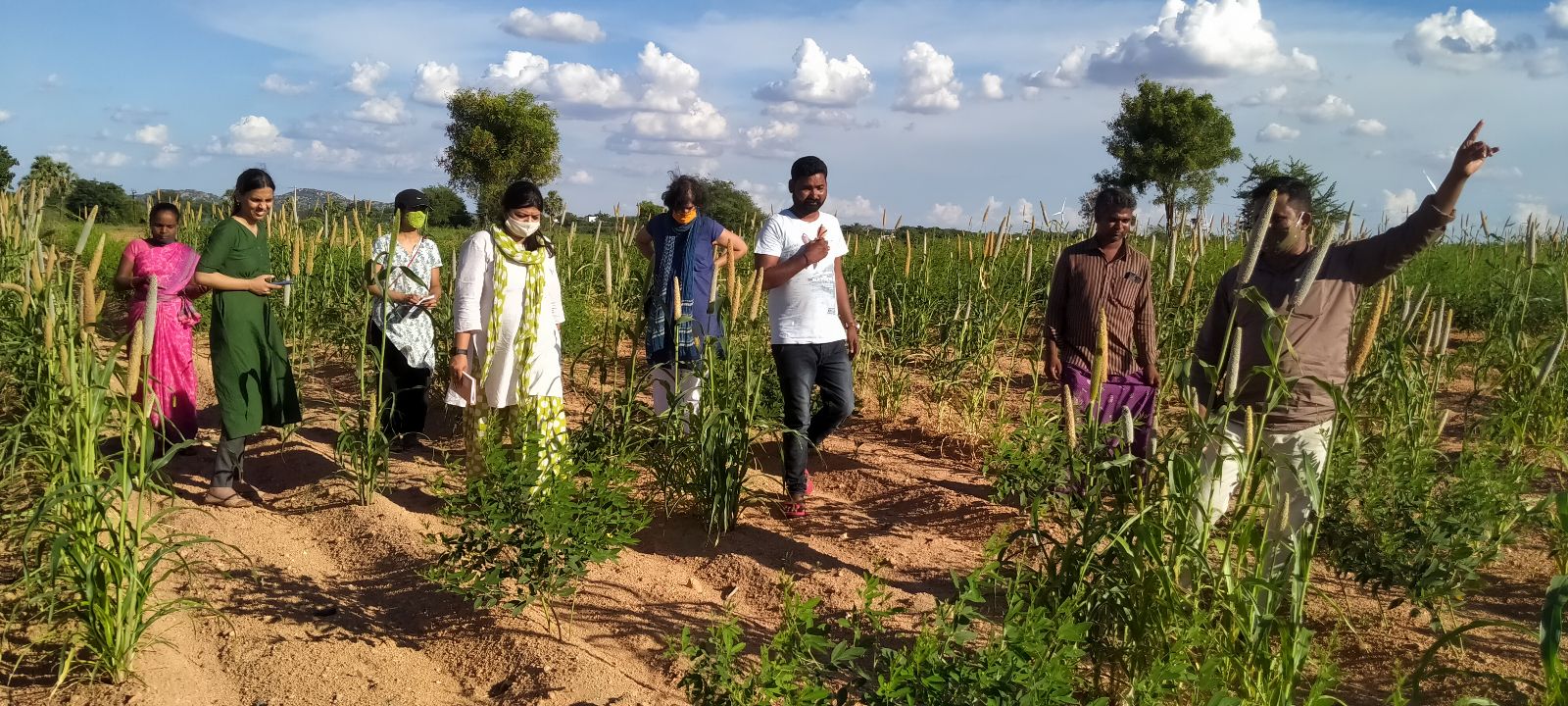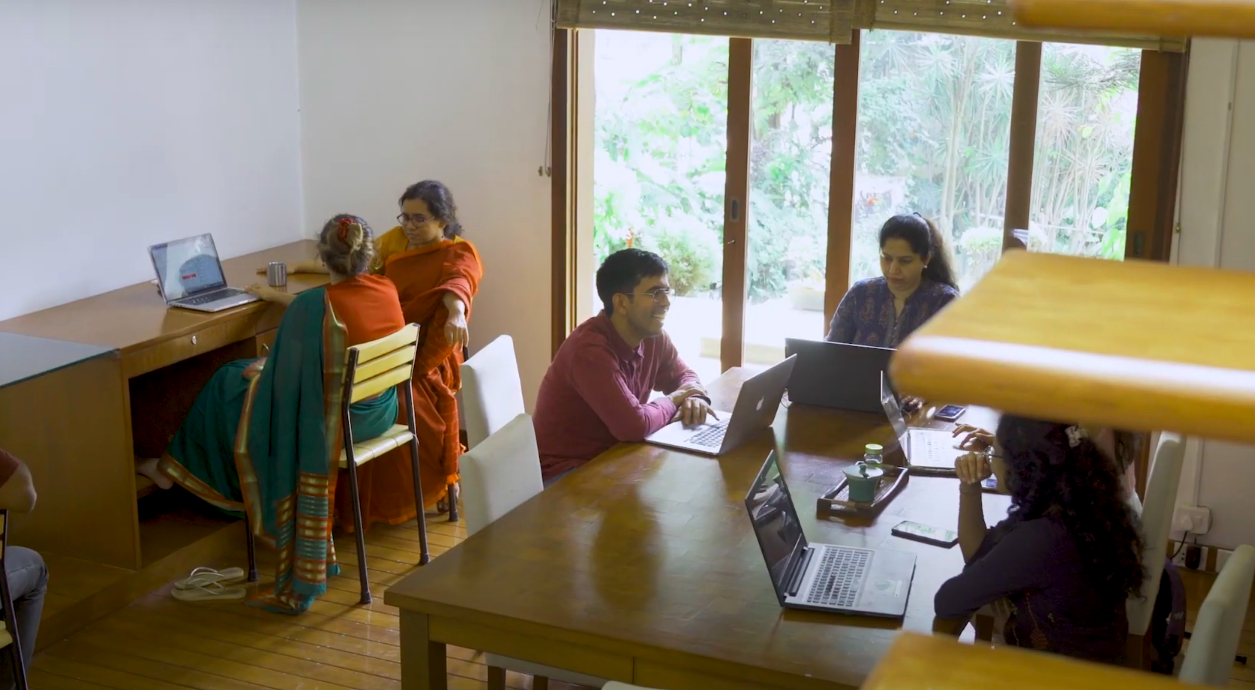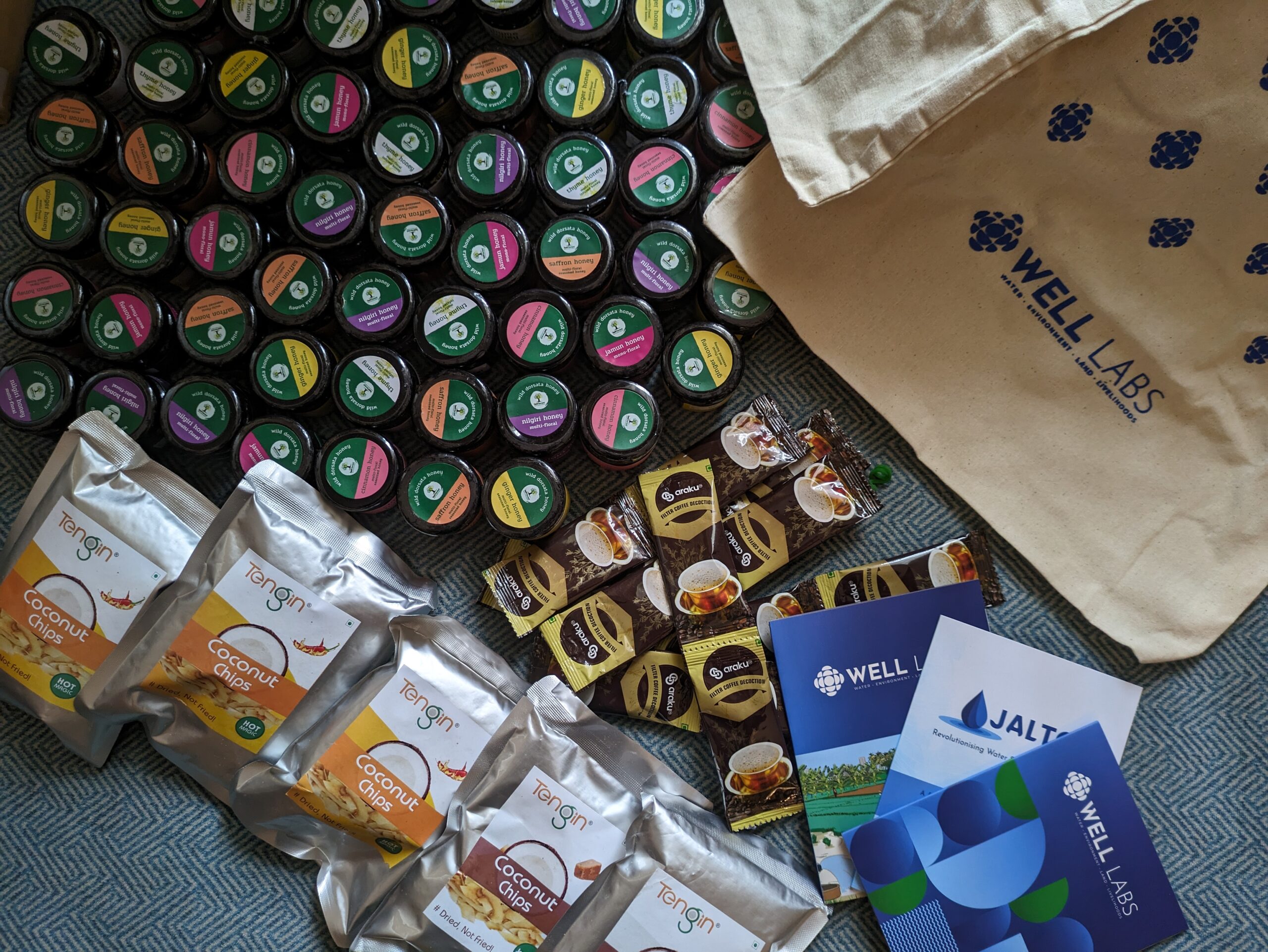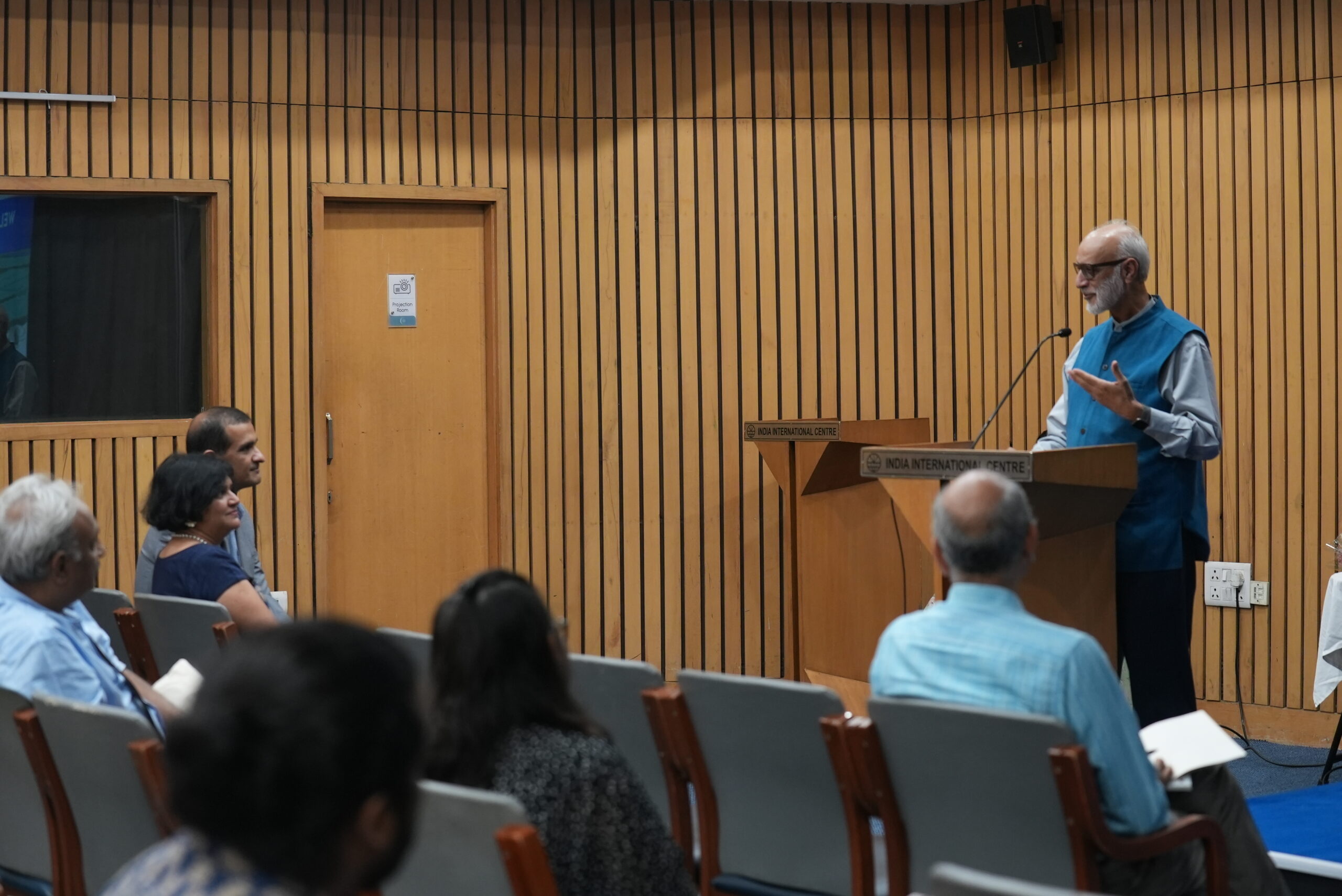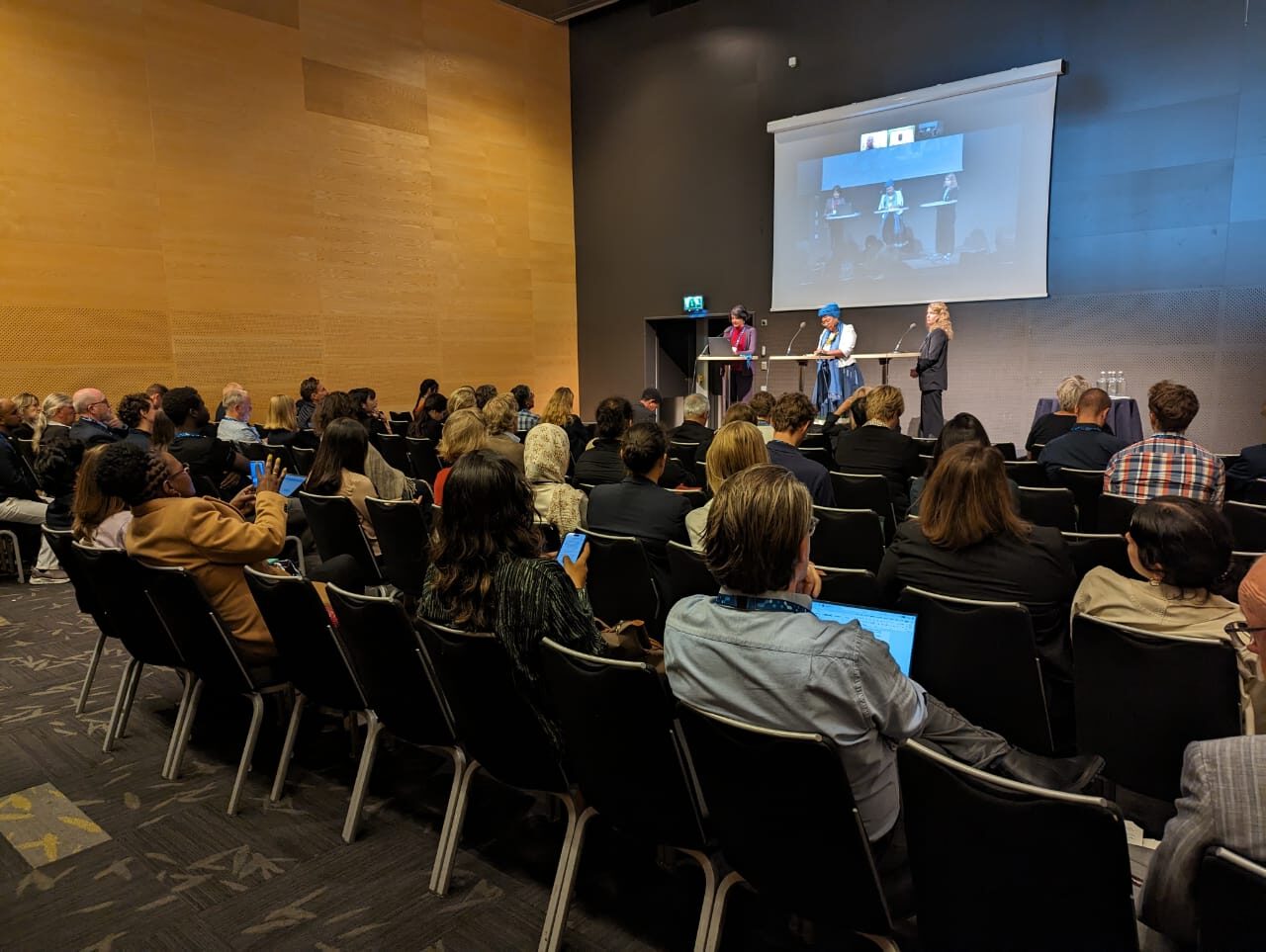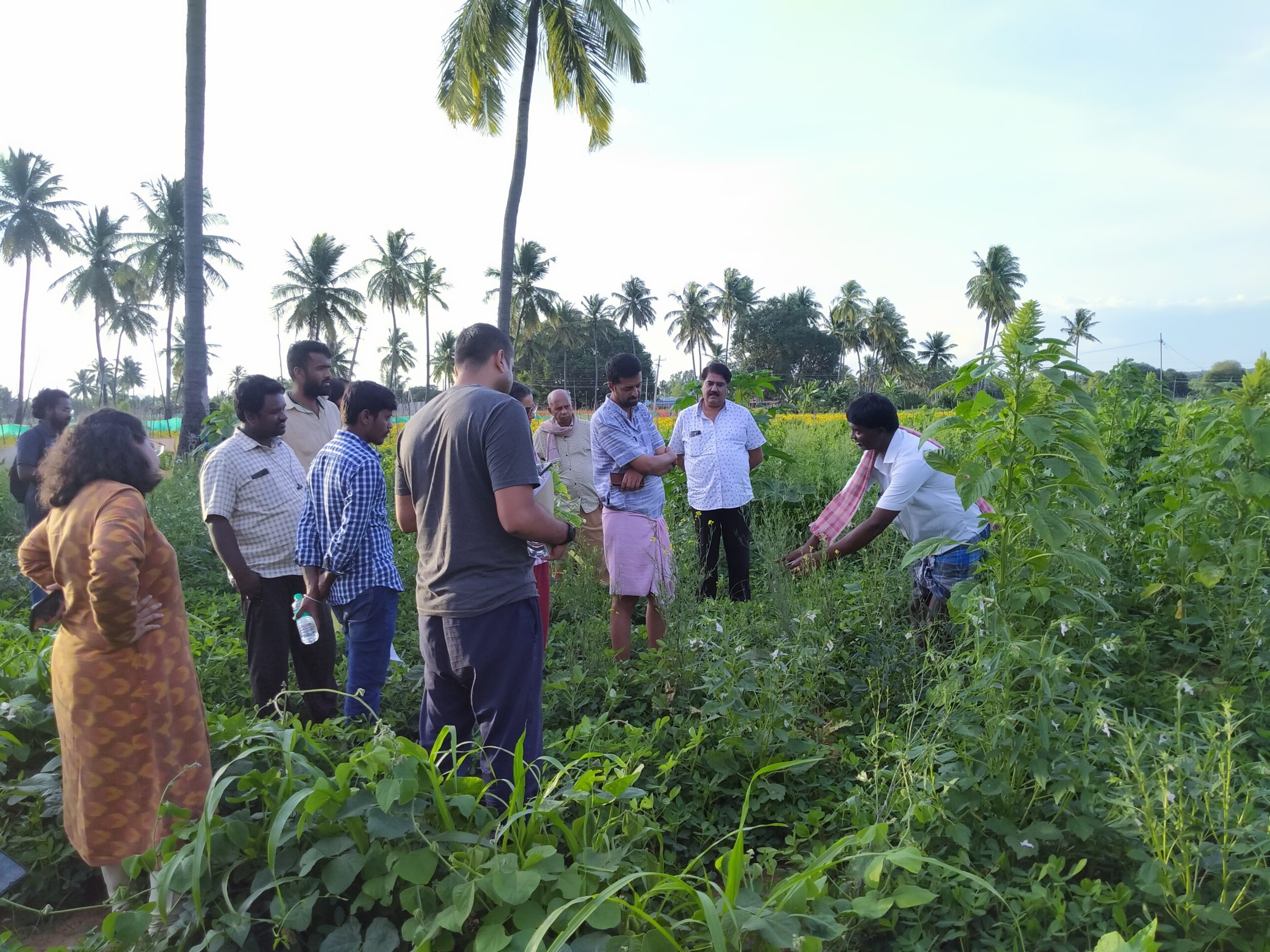People and Culture: Our Ways of Working and What We Are Looking for in WELL Labs Candidates
WELL Labs is conducting research and co-creating innovative solutions towards land and water sustainability. We work to envision solutions, generate evidence and enable key stakeholders to work at scale towards achieving impact on the ground. To be able to achieve the ambitious goals we have set for ourselves, we spent time thinking about how we should function and what we should prioritise to hold ourselves to high standards of performance, professionalism, integrity and accountability.
We are transdisciplinary
Structurally, we are a ‘social sector’ organisation that offers competitive pay scales. But our workplace culture can be best described as a hybrid between a Civil Society Organisation (CSO), a university research centre and a start-up. As a transdisciplinary organisation involved in bridging the gap between research and impact, we encounter and adopt very different cultures and ways of working. What does this mean?
Practitioners at a CSO are often rooted in community and work collaboratively. But they can be traditional, slow to change and may not employ metrics or the scientific rigour needed to work towards long-term sustainability. Traditional research institutions and universities are thorough and deliberate but often by the time the research is done, solutions are curated and implemented, the world has changed and the solutions are no longer relevant. Innovation cultures are often fast responding and comfortable with ‘quick and dirty’ analyses and rapid prototyping; but innovators often work alone.
We foster collaboration and alignment between these distinct cultures.
We are accountable
While it is difficult to measure our impact objectively as a social sector organisation, we are conscious that there is an opportunity cost to the money we are given. We want to ensure that the income we generate for our ‘bottom of pyramid’ stakeholders over 10 years must be at least 3-5 times the funds invested in us over that period, and we have to achieve this while rebuilding natural capital.
This is why we aspire to be mission and metrics driven. Our institutional goals are operationalised through a roadmap (underpinned by a theory of change). The roadmap, informed by our simulation modelling and visioning or aspirations studies, allows us to identify levers we want to move through objectives mapped across three and six-year timeframes.
Read | Why We Started WELL Labs and What We Hope to Achieve
We cannot achieve these objectives alone – we have to work with partners in the social, public and private sector. To work towards the collective good, we need people who can contribute to achieving high ‘group intelligence’ – collective intelligence that emerges from collaboration. Research shows this correlates more with how team members work together than with the team’s aggregate individual IQ.
This requires each person to pull their weight, and everyone must pull in the same direction. Based on this, we have identified five attributes that we expect from our employees.
- Positive energy
We are looking for candidates who have a passion for making a difference and have a ‘growth mindset’. An ideal candidate would give and accept constructive feedback and share and learn from others in the team, while being respectful of people’s time and space.
‘I really liked what you presented yesterday, where can I learn that technique?’
- Clarity of thought
We are looking for candidates who display clarity of thought. They should be able to be effective in unstructured work situations. This means being able to assemble pieces of evidence from different sources – data, models, reports, interviews, experiments – into a coherent narrative. This also requires being proactive in seeking help, learning on the job, changing course as needed, and negotiating through disagreement.
‘OK, here is the reason we are disagreeing on whether this will work. Let’s get feedback from an expert before we move ahead.”
- Critical thinking
We want candidates who have the ability to speak their mind and challenge ideas when they don’t agree, but we encourage people to do so with a constructive, problem solving mindset.
‘This approach won’t work for this reason, how about we try this instead?’
- Domain knowledge
We are looking for candidates who are intellectually curious, and engage in continuous learning to stay up to speed on the current literature and developments in their domain area. It could be rural development, data analytics, user research, wastewater treatment, community building, remote sensing, or hydrologic modelling.
‘I read this cool report by a start-up in Australia that tried this with mixed results.’
- Mastery of skills
We encourage candidates to think about what specific skill sets they bring to the table. If there are additional/different skills needed for the job, we want them to think about how they plan to upskill
‘To be successful at this job, I need to get better at doing this so I plan to enrol in a 15-day course.’
We aim to empower our staff with what they need to achieve their individual objectives and key results (and by extension, the organisation’s) to ultimately create a thinking and learning organisation.
Check out our Careers page to find current job openings.
If you would like to collaborate, write to us. We would love to hear from you.
Follow us and stay updated about our work:

